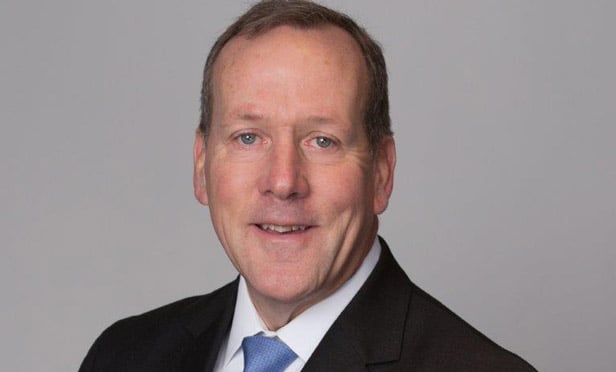

NOT FOR REPRINT
What Advisors Need to Know About Business Owners and Millennials
Q&A August 22, 2018 at 02:27 PM
Share & Print

NOT FOR REPRINT
© 2025 ALM Global, LLC, All Rights Reserved. Request academic re-use from www.copyright.com. All other uses, submit a request to [email protected]. For more information visit Asset & Logo Licensing.





